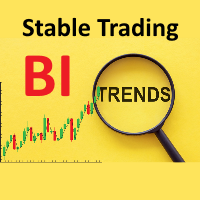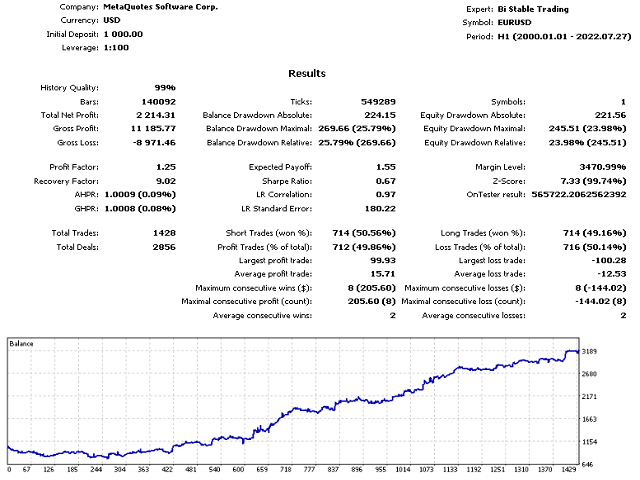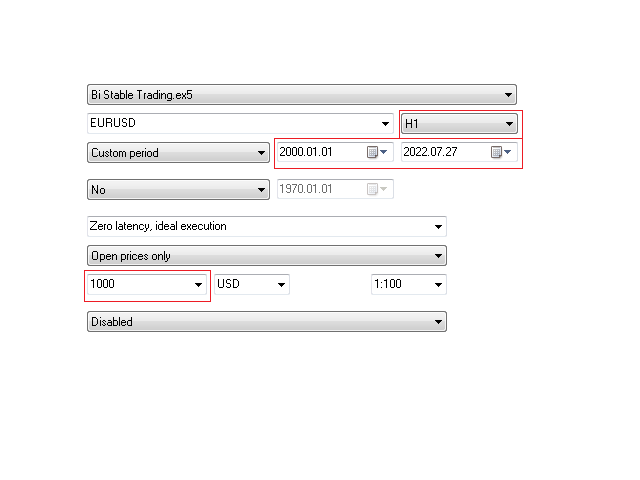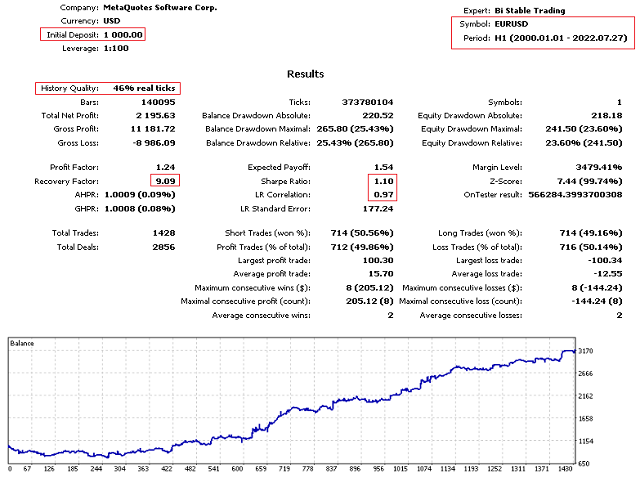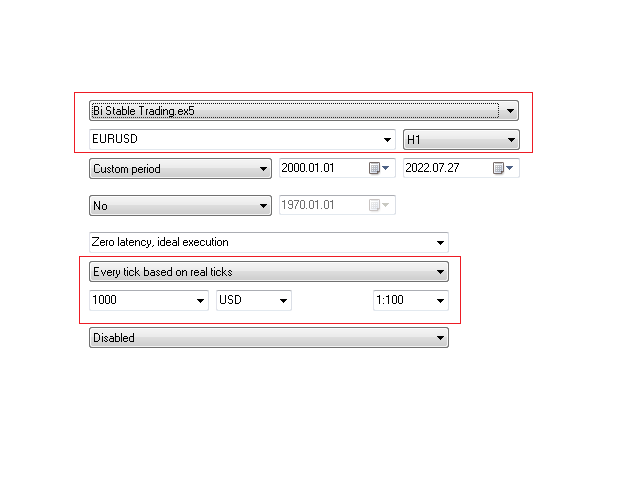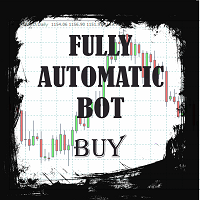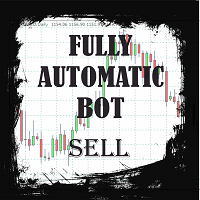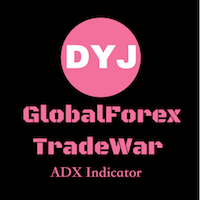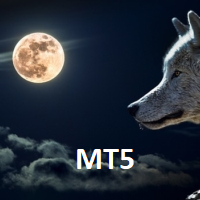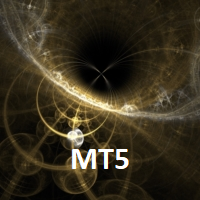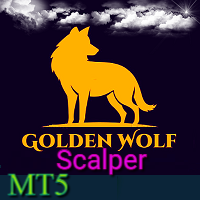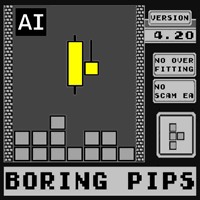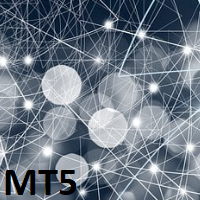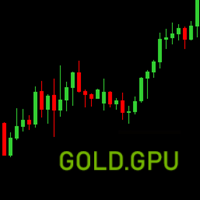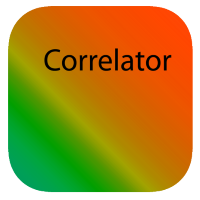Bi Stable Trading
- Experts
- Ivan Simonika
- 버전: 1.0
- 활성화: 5
Bi Stable Trading - a stable bot for the whole history with one setting! Works on the basis of the Trading Direction indicator. Since the Trading Direction indicator generates stable signals for trading without redrawing exactly at the opening prices, the EA works as stably and reliably as possible. Everything that you read in the description of the indicator is also suitable for an expert. The expert goes through the whole story! The EA is designed for stable long-term trading, although it can be used on shorter time frames if desired.
Principle of operation.
When a signal appears (always at the bar opening price), we immediately close the opposite position, if it exists, despite the fact of a drawdown or profit. And we open a new position following the arrow in the right direction. A rather simple algorithm of the EA itself. The Bi Stable Trading bot is an improved version of the Stable Trading bot, unlike the last one, this bot works with two streams of series at once (one order for boy and one for sell, and so two streams), each stream is indicated by its magic number, practically these are two bots in one, but this approach is much more convenient, as it allows you to analyze the total profit when testing on one chart. Of course, in addition to the function of opening signals in two streams and the correct processing of indicator signals, the Expert Advisor can correctly work with the market, handle errors and delays. It can work with risk, not just one lot, it has additional options for trailing stop, trailing start and, of course, stop loss and take profit.
- Setup Filling – type of order execution by balance.
- Magic Trend is the magic number of one thread of an Expert Advisor working with the trend.
- Magic Channel - the magic number of the second thread of the Expert Advisor working in the channel.
- Active TF is a forced timeframe on which the bot works.
- Lot - the working volume of the running bot (or the Risk field).
- Risk – the working volume of the running bot is generated automatically according to the given risk (or the Lot field).
- Limit MaxLot – a maximum volume limit created to prevent the bot from entering an order larger than the specified one.
- Stop Loss - Stop Loss
- Take Profit - Take Profit
- trailing start - trailing start
- Trailing Stop - Trailing Stop
Indicator parameters that do not affect the signal are purely service for visualization and the like.
- Spread OnlySignal - Spread, to simulate the average spread, so that the indicator calculates the value for visualization.
- DrawComment - Show comments.
- StartDeposit - Virtual deposit data.
- Leverage - Virtual leverage data.
- Volume - Virtual volume data.
- CustomTargetOptimization - Indicator optimization, target (used for mutual compatibility of the indicator itself with the indicator optimization utility).
Indicator parameters affect the signal.
- Signal TF - specified timeframe on which the indicator works.
- On Trend - Allows working with the trend.
- Length Trend - Price averaging to smooth out the impulses of the pure price chart.
- Deviation Trend - When the indicator is looking for an intersection with the price, it will analyze not one intersection point, but a certain number of points, that is, the work is not a line, but a larger part (a band, not a line).
- CamelsHump Trend - The number of bars on which the indicator analyzes the reversal pattern of the market.
- PointNeighborhood Trend - When the indicator is looking for an intersection with another line, it will analyze not one intersection point, but a certain number of points, as if not a point, but a larger part (a circle, not a point).
- On Channel - Enables trending.
- Length Channel - Price averaging to smooth out the impulses of the pure price chart.
- Deviation Channel - When the indicator is looking for an intersection with the price, it will analyze not one intersection point, but a certain number of points, that is, the work is not a line, but a larger part (a band, not a line).
- CamelsHump Channel - The number of bars on which the indicator analyzes the reversal pattern of the market.
- PointNeighborhood Trend - When the indicator is looking for an intersection with another line, it will analyze not one intersection point, but a certain number of points, as if not a point, but a larger part (a circle, not a point).
